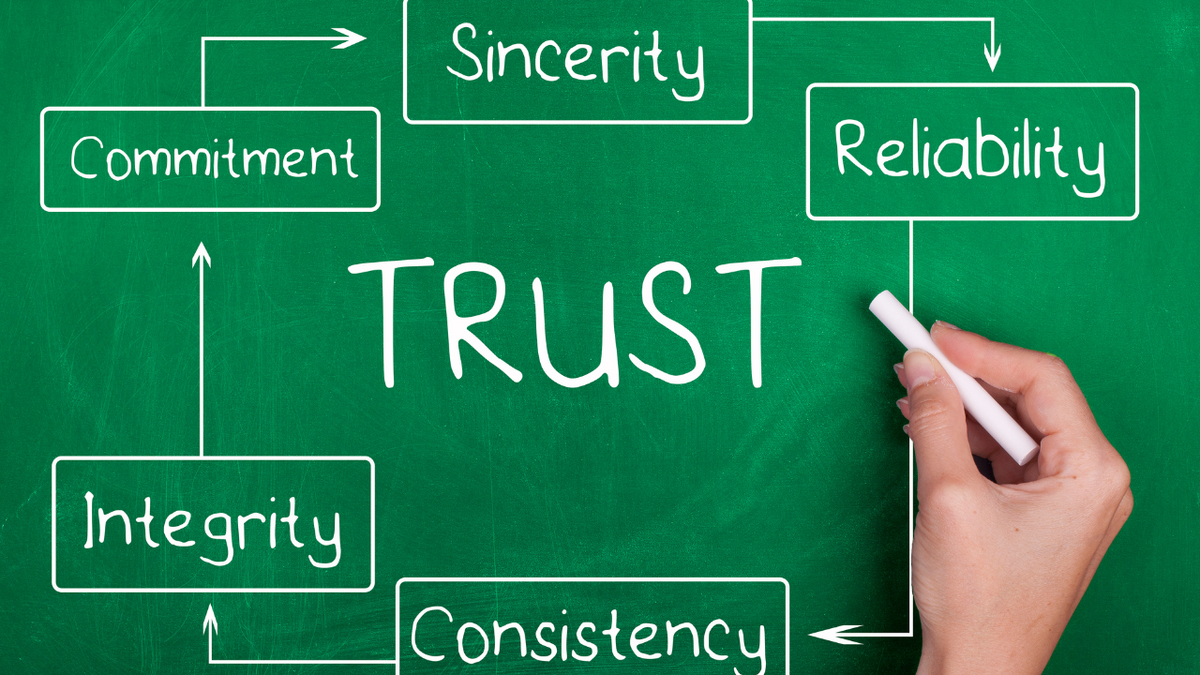From Networking to Trust-Building: A Guide to Success
Discover the secrets of successful professional networking. Trust is the cornerstone of strong relationships in business. Learn how to build it and unlock opportunities for growth and success.

Networking is a crucial aspect of any career, but often, it’s not just about handing out business cards and exchanging LinkedIn profiles. It’s about building trust. Trust between individuals can be the foundation for future business opportunities and collaborations.
Why is Trust so Important in Professional Networking?
In today’s world, finding people you can trust is becoming increasingly difficult. With so many scams and frauds happening every day, people are wary of whom they let into their personal and professional lives. But trust is crucial in professional networking for several reasons:
- Establishing Relationships - Trust is the cornerstone of any strong relationship. When you meet someone new in a professional setting, it’s essential to build trust to establish a connection beyond just a casual acquaintance.
- Opportunities - Trust opens doors to new opportunities. When you trust someone, you’re more likely to refer business to them, recommend them for a job, or collaborate on a project.
- Confidentiality - Trust also means that you can have confidential conversations. When you meet someone and trust them, you’re more likely to share sensitive information that could benefit both of you.
How to Build Trust in Professional Networking
Building trust takes time, but there are some things you can do to speed up the process. Here are some tips to help you build trust in professional networking:
- Be Authentic - People can usually tell when someone is being fake or inauthentic. To build trust, it’s essential to be yourself. Be honest about your experiences, your strengths, and your weaknesses. This shows that you’re trustworthy and genuine, making people more likely to trust you.
- Listen More than You Talk - Listening is a powerful tool for building trust. Listening to someone shows that you’re interested in what they have to say and that you value their opinions. This can help you build trust faster than talking about yourself all the time.
- Follow Through on Your Commitments - Trust is built through consistency. If you promise to follow up with someone, make sure you do. If you promise to send information, make sure you send it promptly. Following through on your commitments shows that you’re trustworthy and dependable.
- Provide Value - When you provide value to someone, it shows that you care about them and their success. This can be as simple as offering advice or connecting them with someone you know. Providing value helps build trust because it shows that you’re not just looking out for yourself.
- Be Transparent - Trust is built through transparency. Be open and honest about your intentions and motivations. This shows that you have nothing to hide, which can help build trust faster.
Building trust through professional networking takes time and effort, but the rewards are well worth it. By being authentic, listening more than you talk, following through on your commitments, providing value, and being transparent, you can build trust and establish strong relationships that can benefit you for years to come.

Personal Example of Building Trust through Professional Networking
I remember the first time I met someone who would become one of my closest business partners. We were both attending a networking event and ended up sitting next to each other. During the event, we started talking about what we did and quickly realized that we had a lot in common.
After the event, we exchanged business cards and decided to have coffee the following week. During our coffee meeting, we continued our conversation, and I listened more than I talked. I asked questions about their business and showed genuine interest in what they were doing. I also shared information about my own experiences and offered advice where I could.
During that meeting, we established a rapport and built a foundation of trust. Over time, as we continued to communicate and work together on various projects, that trust only grew stronger.
Now, several years later, we have a strong business partnership that has helped both of our businesses grow and succeed. This all started with building trust through professional networking.
Therefore, trust is the cornerstone of any strong relationship, including those formed through professional networking. By being authentic, listening more than you talk, following through on your commitments, providing value, and being transparent, you can build trust and establish strong relationships that will benefit you for years to come.
Take the time to build trust in your professional relationships, and you’ll see the rewards for years. So, get out there and start networking, and remember, it’s not just about exchanging business cards; it’s about building trust.




Comments ()